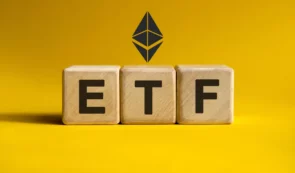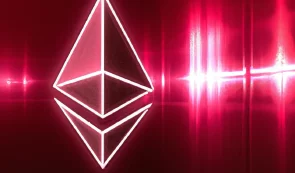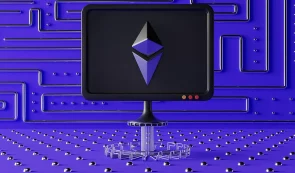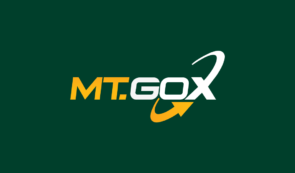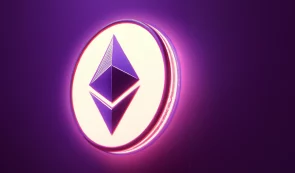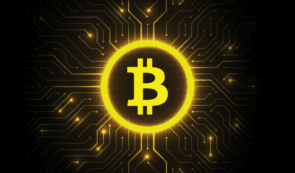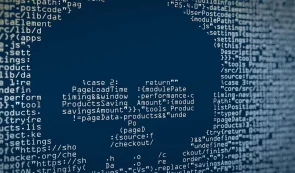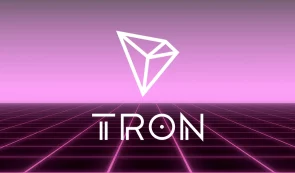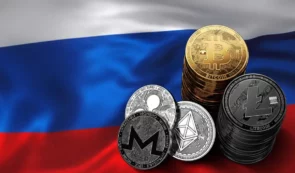Ethereum: Scaling Solutions Will Be Crucial for the Future of Blockchain
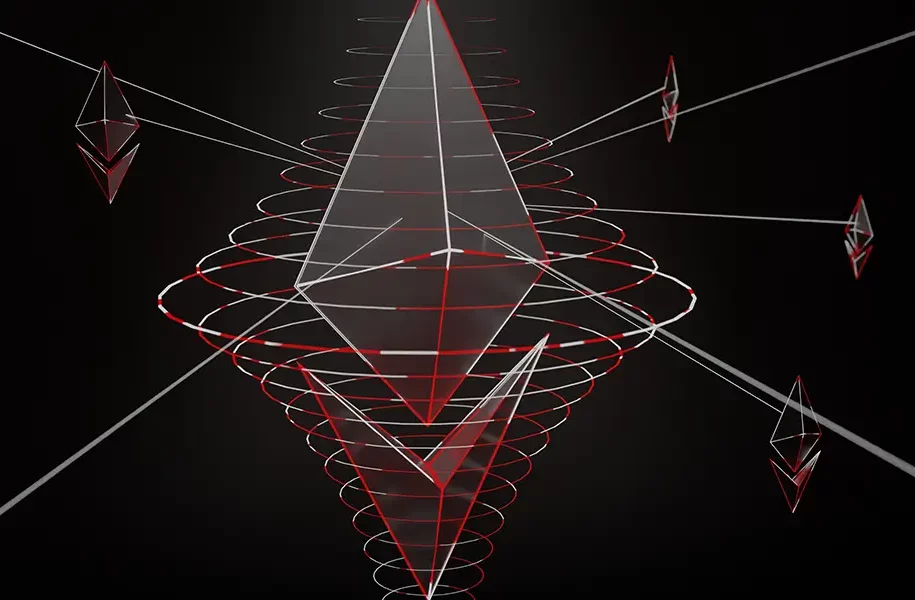
As one of the most popular digital assets today, Ethereum (ETH) has gone through a significant price surge since the beginning of the year.
Currently, many traders and analysts think that the worse part of the bear market has passed, and we should be entering an accumulation period.
Since the beginning of 2023, we have witnessed significant spikes in cryptocurrency prices, with Bitcoin breaking above $24,000 and Ethereum breaking past $1,500 – both significant psychological barriers. At the time of writing, BTC is trading at around $24,700 and ETH at a little below $1,700.
Right now, one catalyst could be crucial not just for the next bull market, but for the future of blockchain as well.
Optimistic and ZK rollups
ZK (zero-knowledge) rollups are a Layer 2 (L2) scaling solution that allows blockchains to validate transactions faster while also ensuring that gas fees remain minimal by combining on-chain and off-chain processes.
In other words, a blockchain protocol processes transactions, performs computations, and stores data off-chain while holding assets in an on-chain smart contract.
READ MORE: Bitcoin’s Near Future: Brace for a Correction or Expect a Breakout?
Optimistic rollups are another L2 scaling solution allowing batching transactions. They reduce computation on the main Ethereum chain by processing transactions off-chain, significantly improving processing speeds.
Both scaling solutions present some exciting opportunities for investors and traders. ORs and ZKs can increase the usage of dApps built on Ethereum while simultaneously reducing transaction costs. With many projects implementing them, these solutions could play a major role in the ecosystem’s future.
The good and the bad
ZK rollups have a very complicated structure compared to Optimistic rollups.
The key difference is that ORs rely on fraud proofs, while ZK rollups rely on zero-knowledge proofs to verify changes to the main chain (a state transition).
When it comes to scalability, optimistic rollups are a more efficient solution than ZK-rollups. Unlike the latter, the former don’t require computational work to submit transactions on-chain. As a result, optimistic rollups have a significant edge in terms of scalability.
However, withdrawing funds from them to the Layer-1 chain takes longer due to a delay that allows anyone to challenge an exit transaction with a fraud-proof. On the other hand, ZK-rollups don’t have any challenge periods or delays when withdrawing funds to Ethereum because every state transition is instantly verified with validity proofs.
Until recently, only ORs could execute smart contracts, while ZK-rollups could only process simple token transfers and atomic swaps. But developers have now found a way to implement smart contracts for ZK-rollups as well.
Optimistic rollups are more cost-effective because they don’t perform any additional computation work off-chain, unlike ZK-rollups, which require validity proofs that increase transaction costs.
RELATED: Ethereum Supply is Declining with Rise in Network Activity
Optimistic rollups provide privacy solutions available on base layer blockchain networks since all transaction data is posted on-chain. Zero-knowledge rollups, on the other hand, offer some level of privacy because transaction data is not posted on the base layer individually but only as validity proof.
Conclusion
Ethereum’s scaling solutions could be the spark of the next bull run for the biggest altcoin by market cap. We see some relief in the cryptocurrency markets, and although some analysts still predict more declines, the majority of the community is starting to think that we are out of the woods and that most cryptos have bottomed out.
Although cryptocurrencies are highly volatile assets and future trends are hard to predict, ZK and Optimistic rollups could prove to be the most practical implementation in the history of blockchain – prices aside, this step could further boost worldwide adoption and pave the way for the digital economy.

